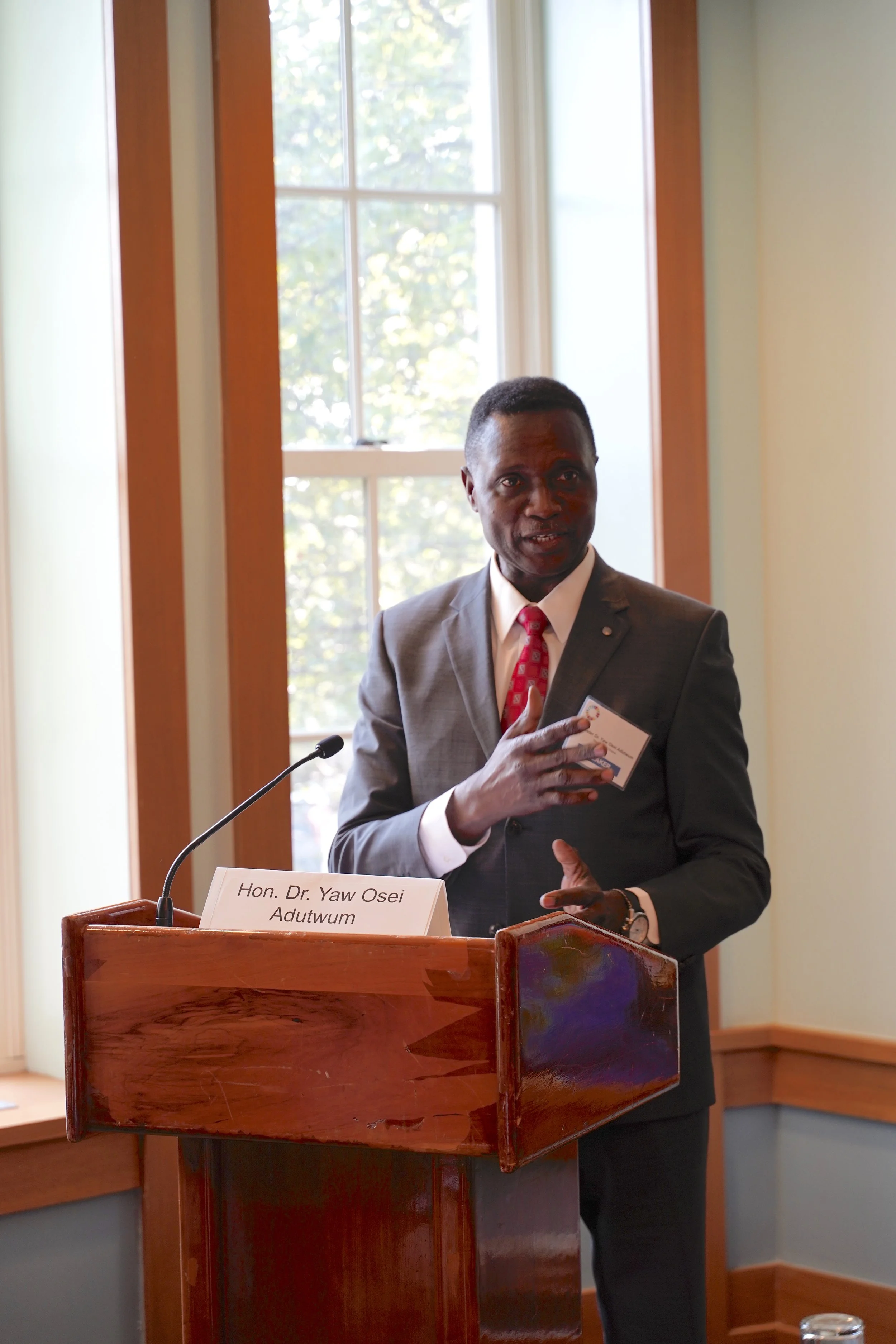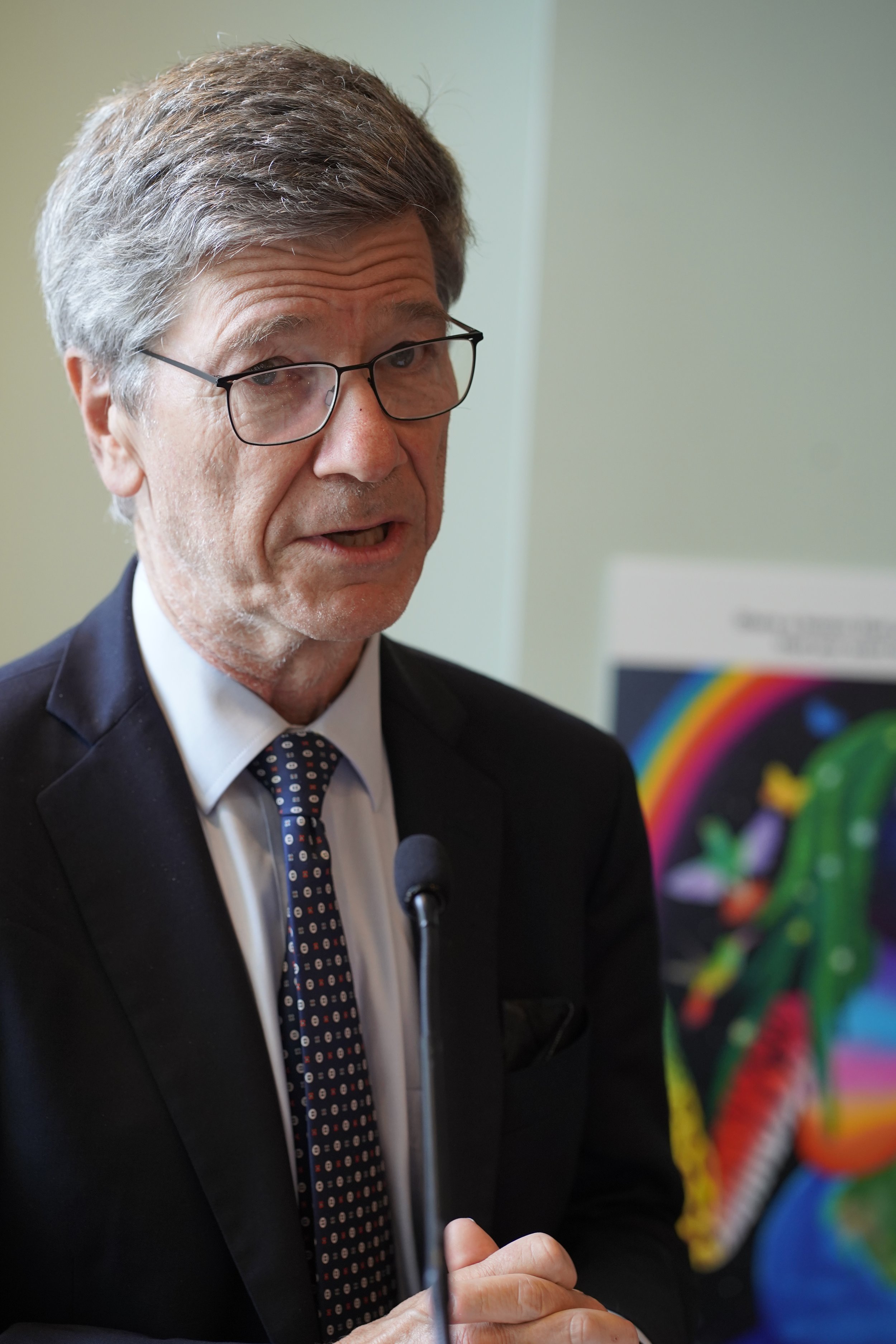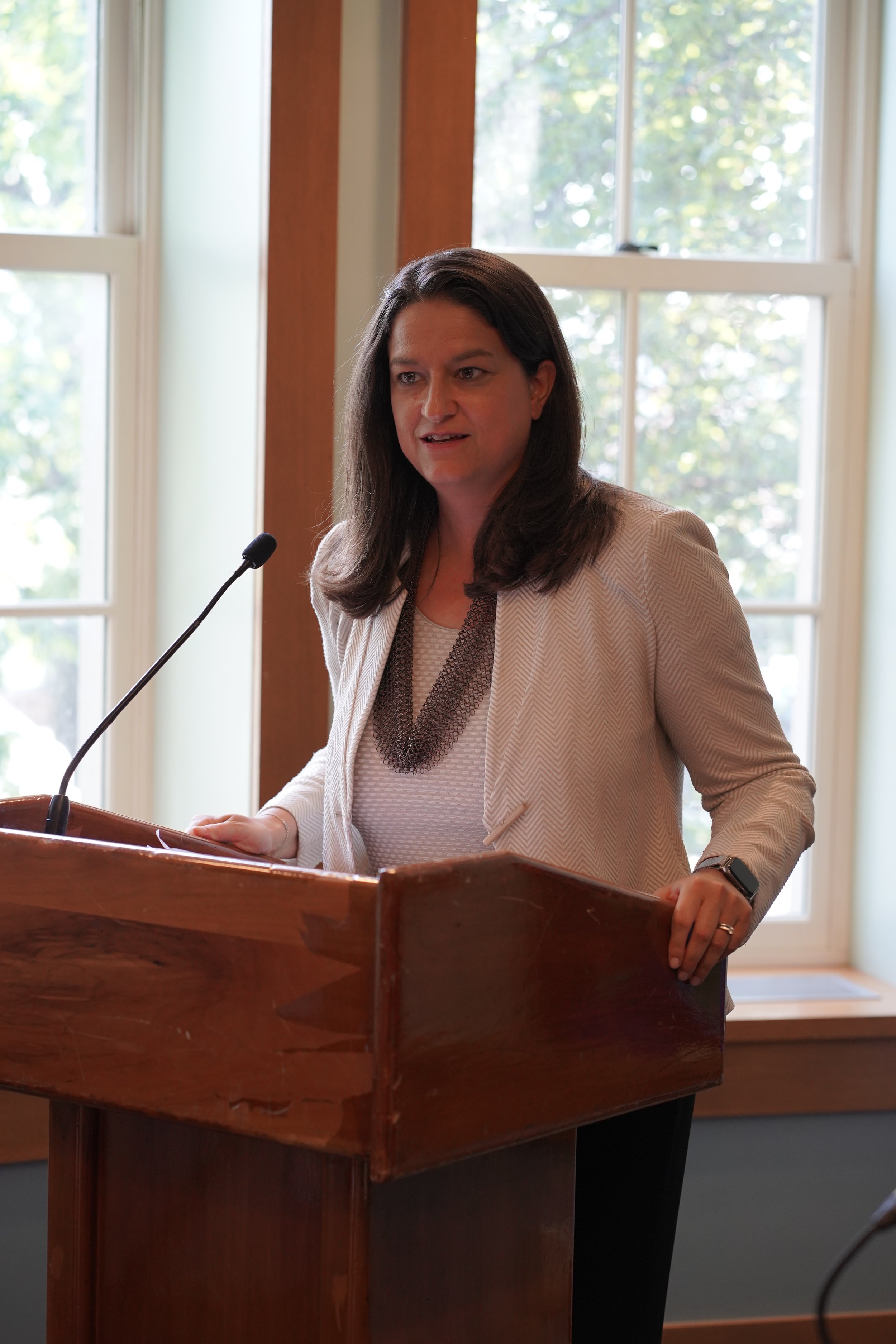Mission 4.7 convenes Ministers of Education alongside UN TES
On September 18, 2022, as a contribution to the UN Transforming Education Summit, Mission 4.7 hosted a high-level panel discussion featuring Ministers of Education to discuss their countries’ work and commitment towards making SDG 4.7 a reality.
The event, titled “Transforming education for prosperity, people and the planet,” kicked off with a welcome from Mission 4.7 Secretariat Chair Dr. Radhika Iyengar and a special announcement from Leslee Udwin, Founder of Think Equal and member of the Mission 4.7 Education Task Force, who shared that the government of Belize had committed to implementing Think Equal’s early-years social emotional learning (SEL) program in the national curriculum.
This announcement was followed by keynotes addresses from Mission 4.7 Patron and former UN Secretary-General Ban Ki-moon, and UNESCO Assistant Director-General for Education and Mission 4.7 Co-Chair Stefania Giannini. Speaking via video, the Secretary-General stressed the continuing need to not only incorporate education for sustainable development and global citizenship into national curricula, but to support teachers in the implementation of this transformative education.
Ms. Giannini, too, affirmed that Target 4.7 “is the engine of the transformation of the SDG 4 agenda…[capturing] the power of education to touch upon mindsets, awareness, and behaviors” necessary for achieving sustainable development.
Following the keynotes, moderator Dina Buchbinder, Founder and President of Education for Sharing and member of the Mission 4.7 Education Task Force, began the panel discussion, invited the panelists to think back to their childhoods and the educational experiences that inspired their own transformational journeys.
The Honorable Dr. Yaw Osei Adutwum, Minister for Education of Ghana and member of the Mission 4.7 High-level Advisory Group, spoke first, describing how his experience as an educator in South Los Angeles informed innovative approaches to improving education in his home country of Ghana. These include expanded access to free senior high school, free Wifi in unconnected communities, and incentive programs for universities to offer new pathways to engineering degrees. “If you cannot make the Ghanaian education system one of the best in the world, then the problem is with adults who are in charge of the education system, and not the children,” concluded Minister Adutwum. “We have children who are ready to learn.”
Next, Ms. Johanna Sumuvuori, State Secretary to the Minister for Foreign Affairs of Finland, spoke from the perspective of international relations, celebrating the success of Finland's education policies and how this success propels Finland's contributions to the global development agenda. "Education in Finland is one of our most important soft power assets,” she said. “It’s about global influence and the influence we can have in the sector.”
The Honorable Francis Fonseca, Minister of Education, Culture, Science and Technology of Belize, spoke of his country’s commitment to sustainable development, and noted that the values of Target 4.7 are fundamental components of Belize’s Education Sector Plan 2021-2025. “Curriculum is the foundation of education…it is society’s way of imparting the knowledge, capacities, beliefs, and attitudes that will lead to a desired social and economic state. Therefore, when there is no alignment between the curriculum being delivered and the aspirations of a country, education becomes irrelevant and national development is compromised.”
Professor Jeffrey Sachs, who serves as Co-chair of Mission 4.7, joined the discussion between other commitments, proclaiming that “this Transforming Education Summit is the best thing to happen at the UN since the adoption of the Sustainable Development Goals.” The modern world requires all children, all citizens, to receive transformative education—including, he quipped wryly, for “world leaders to have some social emotional learning, because they’re sometimes worse than children in a sandbox.” Prof. Sachs also stressed the need for education financing, and proposed a financing partnership between the European Union and the African Union to ensure quality education for all of Africa’s children.
Her Excellency Niki Kerameus, Minister of Education and Religious Affairs of Greece and member of the Mission 4.7 High-level Advisory Group, followed Prof. Sachs’s intervention. She emphasized the rapid pace of change in our world, particularly in the workforce, and the need for students to acquire transversal skills that will allow them to adapt to changing circumstances. To this end, explained Minister Kerameus, Greece has revamped its school curricula to focus on so-called “21st-century” skills such as critical thinking, empathy, and problem-solving. This transformation includes a new compulsory pre-K through secondary-school subject called “Skills Labs,” which teaches around four thematic areas: well-being, environment, rights, and action. “We in this room have a huge responsibility to deliver to the world a younger generation that is much, much better than ours. And we will succeed.”
Last but not least, the Honorable Agnes NyaLonje, Minister of Education of Malawi, spoke about education in the context of the Malawi Vision 2063 development plan, especially with one of the fastest growing populations on the continent. She noted the challenges of transforming education in a developing country. “What is transformation? It depends on where you are starting from.” She shared that her current priorities as Minister are providing access and improving infrastructure, but that they are also looking at transforming the curriculum to introduce subjects such as civics and anti-corruption, which are being increasingly requested by citizens.
Tasked with summarizing this diverse and inspiring panel, Ms. Buchbinder listed the following takeaways: “Resources are absolutely key. There is no transformation without teachers. It must be based on foundational skills. And transformation is context-specific.”
Watch the recording below or find it in the SDG Academy Library.
Photos by Gabriella Marino.








